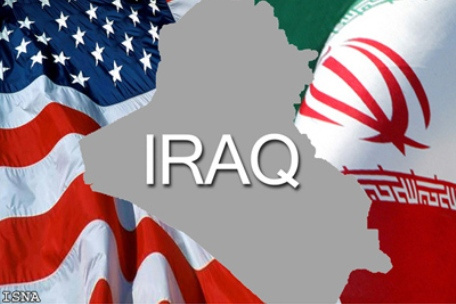Cooperation and Mediation

IRD: It took the Americans nearly nine years to turn Iraq into a client state, all to no avail. Be it was Syria or Iran, Baghdad has not reserved its opposition to the West’s policies against these countries. As Washington and the European Union are tightening the cordon around Iran, Iraqi officials have made it clear that they will not get on board with the new sanctions. Sirous Borna Boldaji, member of the parliament and an Iraqi affairs expert casts a different look at the Tehran-Baghdad-Washington triangle, suggesting that Iraq could be an honest broker in reconciling Iran and the US. Following comes Iranian Diplomacy’s interview with Mr. Boldaji:
IRD: Do you envisage a point where Iraq gives up under the increasing pressure from the West, and get on board with the sanctions?
SBB: Iraq is actually an opportunity for mediated negotiations between Iran and the US. It actually gained this capacity on the day after its occupation by the American troops in March 2003. The history of political and security ties between Iran and the Iraqi opposition - both Shi’as and Kurds- that aimed to topple Saddam Hussein, and close relations between senior members of the opposition and high-ranking Iranian statesmen, and the necessity for Iraq to have minimal tensions with its neighbors in the new era have given Iran a powerful leverage in Iraq. With this background, we should be optimistic about the recent promises by the Iraqi leaders to refuse cooperation with the West-imposed sanctions by Iran. But in the meantime, Baghdad may regard this as an opportunity to mediate between the two most powerful actors in the Iraqi politics, I mean Washington and Tehran. Defusing tension between them benefits the country’s national interests at the same time.
IRD: Are there any economic areas where Tehran and Baghdad’s cooperation could add substance to bilateral ties, and act as a guarantee that Iraq would not play against Iran in the sanctions game?

